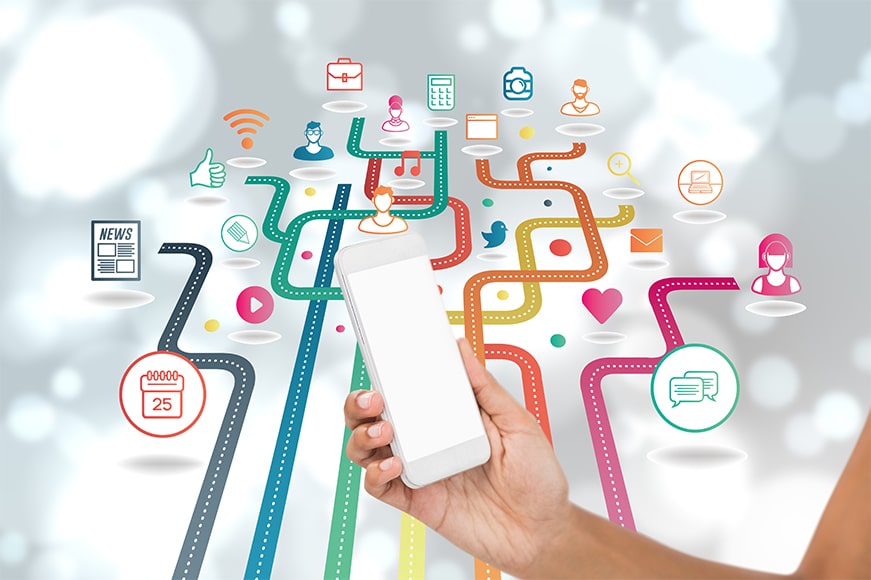What is a digital license key?

Unraveling the Mysteries of Digital Licenses: A Comprehensive Guide
In the dynamic landscape of the digital era, the concept of digital licenses has become integral to our interactions with software, applications, and online services. Understanding what a digital license is, how it works, and its implications is crucial for navigating the vast digital ecosystem. Join us on a journey as we unravel the mysteries of digital licenses and explore their significance in today's tech-driven world.
Defining Digital Licenses:
A digital license, often referred to as a software license or digital entitlement, is a legal agreement that grants the user the right to use a specific software or service. Unlike traditional physical licenses or product keys, digital licenses are intangible and are associated with a user's account or device. They are the modern evolution of licensing agreements, adapting to the convenience and accessibility demanded by the digital age.
How Digital Licenses Work:
Digital licenses are intricately tied to the concept of digital rights management (DRM). When you purchase software or subscribe to a service, a digital license is assigned to your account. This license is typically authenticated and managed through the cloud, connecting it to your user profile or device. This digital tether allows you to access the software or service on multiple devices without the need for physical keys or separate licenses.
Types of Digital Licenses:
- Perpetual Licenses: These provide lifetime access to a specific version of the software, typically associated with a one-time purchase.
- Subscription Licenses: Users pay a recurring fee to access the software or service for a specific duration. This model often includes regular updates and additional features.
- Freemium Licenses: Combining free and premium features, freemium licenses enable users to access a basic version for free, with the option to upgrade for enhanced functionality.
Advantages of Digital Licenses:
- Flexibility: Digital licenses offer the flexibility to access software or services across multiple devices, adapting to the user's evolving needs.
- Automatic Updates: Subscription-based licenses often include automatic updates, ensuring users always have access to the latest features and security patches.
- Reduced Environmental Impact: By eliminating the need for physical packaging and distribution, digital licenses contribute to a more sustainable and eco-friendly model.
Challenges and Concerns:
- Dependency on Internet Connectivity: Digital licenses may require an internet connection for authentication and management, posing challenges in offline scenarios.
- Security Concerns: The digital realm is not immune to piracy and unauthorized use. Ensuring robust security measures is crucial to protect digital licenses.
The Future of Digital Licensing:
As technology continues to advance, the future of digital licensing holds exciting possibilities. Blockchain technology, for instance, offers a decentralized and secure approach to managing digital assets, potentially revolutionizing how digital licenses are authenticated and managed.
Conclusion: Navigating the Digital License Landscape
In conclusion, digital licenses represent a fundamental shift in how we access and use software and services. They offer unparalleled convenience, flexibility, and sustainability, but not without their challenges. As we move forward in this digital age, staying informed about digital licensing trends and innovations will empower us to make the most of the evolving digital landscape. Whether you're a consumer, developer, or industry professional, the world of digital licenses is one worth exploring and understanding.
No posts found
Write a reviewWhy trust this guide?
Why trust EKEYS
-
Instant DeliveryLicense in seconds
-
Secure CheckoutEncrypted & safe
-
Easy ActivationStep-by-step
-
Genuine Licenses100% authentic









